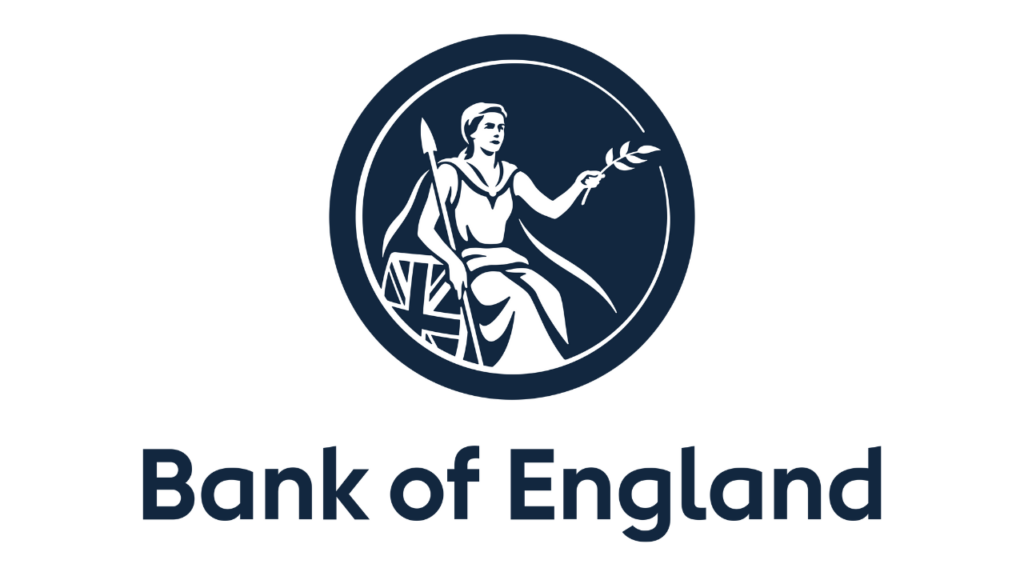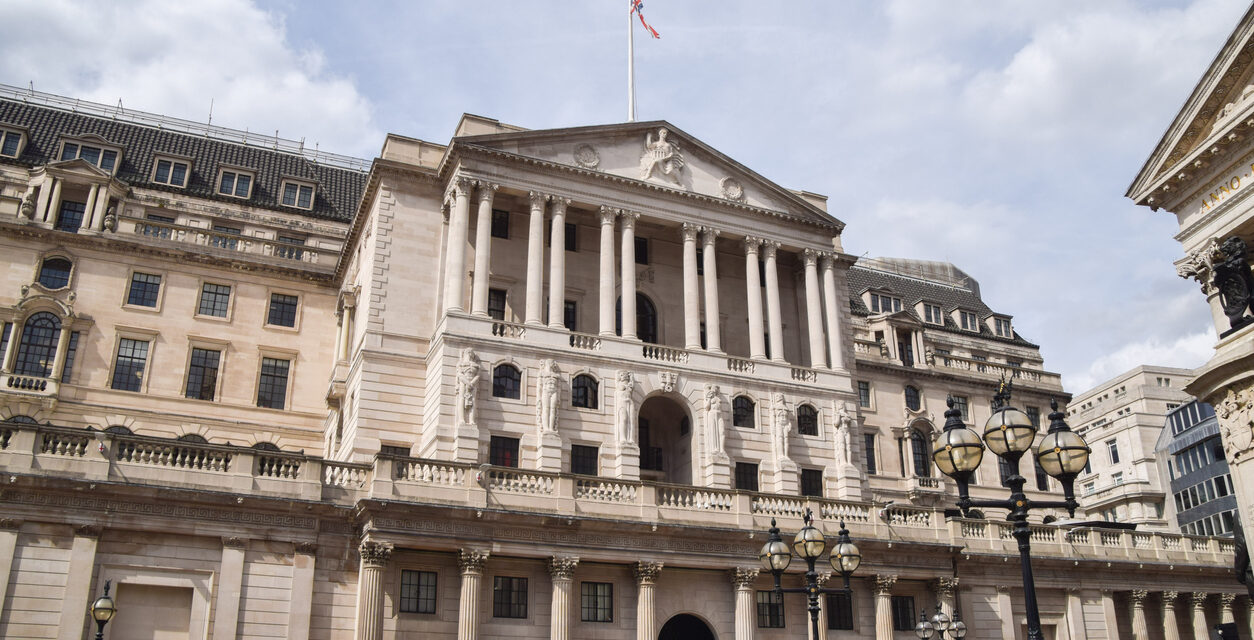The Bank of England is planning to enhance its existing regulatory framework to safeguard UK citizens from the potential collapse of major stablecoin issuers, which has happened in recent times.
As regulators become increasingly concerned about the potential integration of stablecoins into the wider financial system, global standard setters are developing guidelines for stablecoins. The UK is joining the US, European Union, and Hong Kong in creating important regulations for stablecoins.

The Bank of England (BoE) shares the concern of other regulators about the potential risk that stablecoins could pose to financial systems, especially as more banks and financial institutions adopt cryptocurrencies. Although the Bank of England doesn’t consider it a major risk currently, it plans to establish a regulatory framework to monitor stablecoins that could impact financial stability. The BoE will release a consultation on the proposed framework in the upcoming weeks before finalizing and implementing it as law.
The protection of consumers and the mitigation of potential risks to market integrity and financial stability are top priorities for the government, given that millions of people now own some forms of cryptocurrency, according to Lisa Cameron, a Member of Parliament and chair of the Crypto and Digital Asset All Parliamentary Group.
What Will the Regulatory Framework Look Like
In its consultation, the Bank of England (BoE) has proposed amending the Financial Market Infrastructure Special Administration Regime (FMI SAR) to include large digital settlement assets, such as stablecoins, in addition to major UK-based payment systems. Digital settlement assets (DSAs) are utilized for conducting payments. If the Financial Services and Markets Bill, which has recently been introduced, is passed into law, the BoE will be empowered to extend the FMI SAR regime to cover specific cryptocurrencies.

Josh Sadler Director – Regulation, Fnality International.
According to Josh Sadler, director of regulation at blockchain payment system Fnality International and a former BoE employee, the FMI SAR regime essentially operates as an insolvency framework, similar to bankruptcy regimes in other nations. The regime aims to help vital crypto businesses continue operating to avoid any negative effects on financial stability. The Treasury’s consultation on the FMI SAR highlighted that “the failure of a systemic DSA firm could have a wide range of financial stability as well as consumer protection impacts,” including disruptions to vital services for the economy and individuals’ access to their own funds.
Reimbursing Investors
The Bank of England is considering adding a new objective to ensure that investors are reimbursed in the event of a major stablecoin issuer collapsing. Asim Arshad, a senior associate at Mackrell Solicitors, believes that this objective would increase consumer confidence and encourage the use of crypto as a payment method.
However, prioritizing the return of funds to affected lenders or investors may mean keeping a company running takes a back seat. Furthermore, returning funds to customers may be challenging due to difficulties in proving ownership of crypto-assets in an insolvency.

James Alleyne, Legal director at Kingsley Napley
James Alleyne, the legal director at Kingsley Napley, believes that a custody regime is necessary to protect crypto assets from being used towards the cost of insolvency. The UK does not currently have a custody regime, although it was discussed at a Financial Conduct Authority (FCA) event with the crypto community last year.
Several large crypto firms, including FTX and Celsius Network, have filed for bankruptcy in the past, leading to long and complicated bankruptcy proceedings.
Risks Involved
The Bank of England is proposing legislation to address potential issues with systemic stablecoins and DSAs and their providers, despite the fact that no stablecoin or DSA in circulation can currently be considered systemic. This legislation is being developed in anticipation of wider adoption and ownership of these assets. Crypto assets currently represent a small market compared to the broader financial sector. However, if the pace of growth continues, interlinkages with the financial sector will likely increase and have an impact on financial activity, according to a March report by the Bank of England.

Co-Founder and Co-CEO at Millicent Labs
Kene Ezeji-Okoye, co-founder of Millicent, believes that if all banks were to deposit stablecoins, it would be considered a systemic risk. He points out that the bad mortgages that underpinned the 2008 global financial crisis were worth about 15% of U.S. broad money supply, causing systemic damage internationally. Therefore, the threshold for a stablecoin to be classified as systemic in the UK may be far lower than 15% of money supply. Even the collapse of a stablecoin with a mid nine-figure market cap could potentially cause ripples in the system, Ezeji-Okoye stated.










